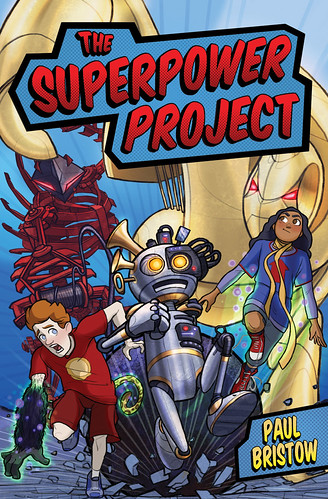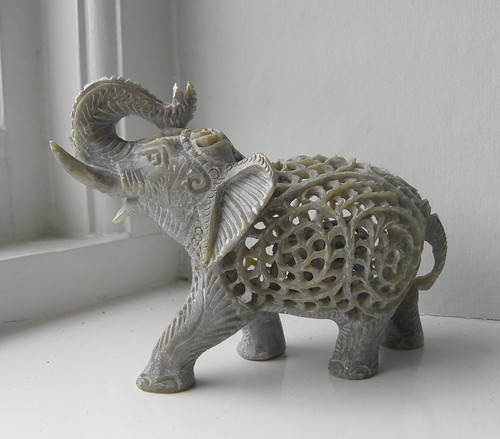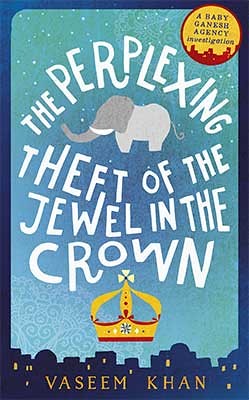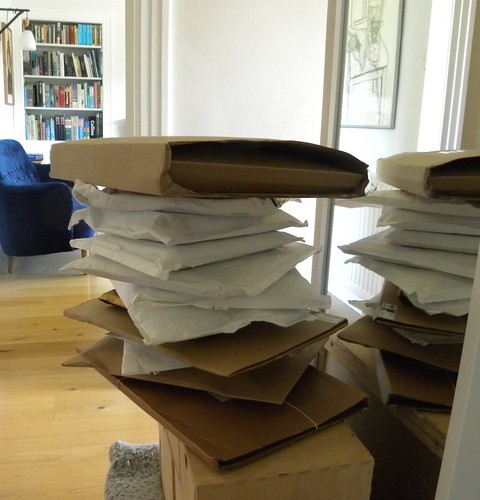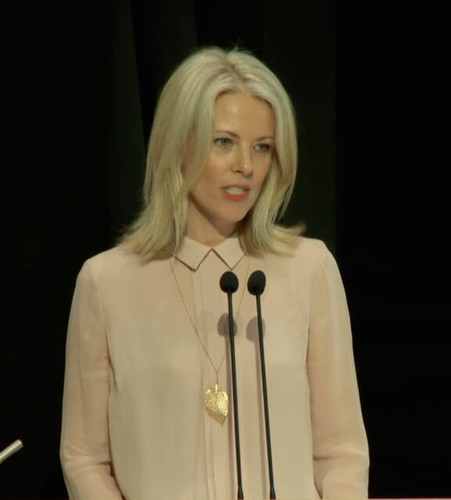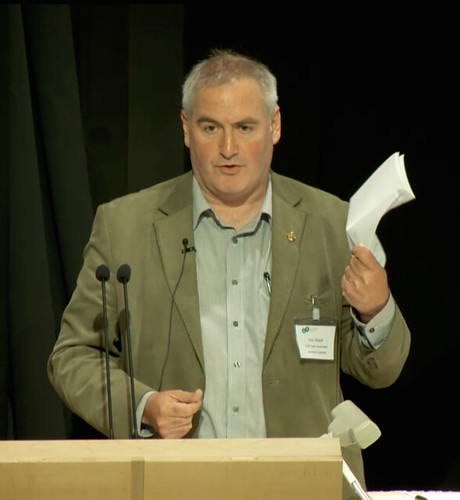Today is Sally Nicholls’ birthday. I think it’s an excellent date on which to get older, and by now not even Sally is quite as young as she once was. (Happens to us all.) I felt like celebrating, and Sally was kind enough to sacrifice some of her holiday to be my #20. I just hope I haven’t prevented any writing of books, and that Sally still has plenty of time for cake. And other holiday stuff.
Here she is:
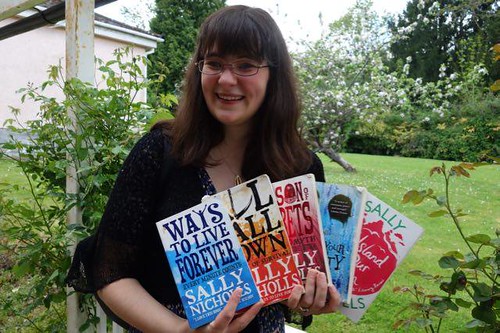
How many books did you write before the one that was your first published book?
No full-length ones. I wrote Ways to Live Forever on an MA for Writing for Young People, and as part of that we had to write picture books and early readers and all sorts of things (one of which is actually going to be published next year). But Ways to Live Forever was my first novel-length book.
Best place for inspiration?
The library!
Would you ever consider writing under a pseudonym? Perhaps you already do?
I don’t, but I wouldn’t rule it out. If I ever got round to writing any fan fiction, I wouldn’t publish that as Sally Nicholls, for example. (But I’m not sure anyone would want to read my fan fiction. I’m usually more interested in writing about characters’ interior lives than I am their sex lives.)
What would you never write about?
Good question! I’m not sure. I don’t think I’d ever write in praise of something I personally found morally objectionable – although I might write from the point of view of a character who was morally objectionable, I hope I wouldn’t do so in a way that could be used to support their viewpoint. But in this business it’s never a good idea to say never, because sometimes a project will come along and surprise you. I used to say I couldn’t see myself writing from the point of view of a murderer, but … well … you’ve read my back list. I have at least an attempted murderer already.
Through your writing: the most unexpected person you’ve met, or the most unexpected place you’ve ended up in?
I bumped into Jenny Agutter at Quaglino’s at the Costa Book Awards. That was quite unexpected.
Which of your characters would you most like to be?
Dreadful things happen to most of my characters, I’m afraid. I do have a couple of Edwardian adventurers in a book I’ve got coming out next year, who I suspect live rather thrilling lives – he’s a Collector of Antiquities and she’s a Lady Anthropologist, and they meet in a Peruvian jungle. But – um – then terrible things happen to them both.
My child heroes have a better time of it in that book, though. Maybe I’ll pick them.
Do you think that having a film made of one of your books would be a good or a bad thing?
A film has been made of Ways to Live Forever and it was a Very Good Thing.
What is the strangest question you’ve been asked at an event?
Where’s your bodyguard?
Do you have any unexpected skills?
I can play bridge. I used to be able to speak basic Japanese. And I have another which is far too rude to mention.
The Famous Five or Narnia?
Narnia.
Who is your most favourite Swede?
Pippi Longstocking. Or, if I’m not allowed fictional people, her creator, Astrid Lindgren.
How do you arrange your books at home? In a Billy? By colour, or alphabetically?
I have two big sets of shelves in my home – one in my bedroom which covers an entire wall and then both alcoves in the study I share with my husband. The ones in our bedroom are arranged by ‘authors which feel like they belong together’, a scheme invented by my husband. There are loose themes – science fiction, fantasy, poetry, biography etc all go together, then when you’ve read a new book you have to work out if it’s more similar to Conan Doyle or Colin Dexter. This creates something of a problem when authors write very different books, since all books by the same author must be shelved together.
Children’s books and ‘work’ books live in the study. They are shelved much more haphazardly by the ‘which shelf do these fit on?’ principle. And then there are all the books I don’t have shelf space for …
Which book would you put in the hands of an unwilling eight-year-old boy reader?
Where’s Wally? Reading is supposed to be fun, it’s not something you’re supposed to do against your will. And then while we were finding Wally, I could find out what he’s actually interested in and give him a book about that.
If you have to choose between reading or writing, which would it be?
Reading.
I have to say I think Sally’s husband is clever coming up with this tricky shelving system. You could have endless moves caused by an author changing direction very slightly.
Now, where is that bodyguard?

